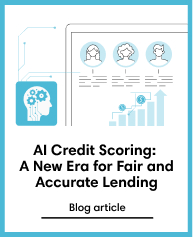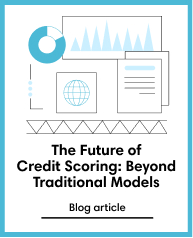Credit Scoring
Aug 19, 2021
Four trends that will shape fintech in the Philippines
Subscribe to our newsletter
The Philippines has seen phenomenal growth in digital finance in the past year.
A country that has long lived on cash transactions is now being transformed into making more and more of its daily transactions on smartphones and computers.
Here are the trends that will shape fintech in the Philippines this year and beyond.
1. Open banking will change everything
The Philippines has progressive regulators who are helping fintech accelerate the digital transformation of financial services.
Regulators have recently sent an open banking framework out for review among the industry, laying the groundwork for introducing open banking in the Philippines.
When open banking arrives, it means consumers can authorise third parties to access their bank account data to collect account information or make payments. It will supercharge fintech in the Philippines in the same way it has in Europe and the UK.
2. Alternative data will widen credit access
Right now, the Philippines still has a lack of data for credit assessment.
It’s a problem. And it’s a barrier to financial inclusion.
Before you can extend credit to customers, you first need to know them.
This is what we’ve been doing since day one at Credolab. We’ve been analysing mobile behavioural data to provide credible and fair financial assessments of people — even those that don’t have credit risk or credit history with credit bureaus or other credit information corporations.
Banks will soon embrace alternative data, not out of need but out of choice, because it will be a faster and farrier way to widen access to credit to a new generation of Filipinos.
3. Digital finance will be embedded across sectors
B2B Fintech is going to catch up to the innovation of its B2B peers.
As regulators encourage open banking and greater innovation, the Philippines will soon see more niche B2B fintechs.
For eCommerce infrastructure.
For business fraud prevention and risk management.
And even for HR benefits administration.
You’ll see a greater number of enterprise offers and SaaS players.
And soon, you’ll see a meshing of artificial intelligence, machine learning, and natural language processing with fintech plays as well.
And the use of embedded finance will rise too. For example, a loyalty program suddenly will be able to issue credit cards. A travel company will provide ‘fly now, pay later’ products when international travel returns to normal.
4. Fraud risks will grow
Fraudsters never stop. They keep finding new ways to break into a system.
And with financial institutions adopting new technologies, they are not always ready to fight something new. It’s always a catch-up kind of game trying to react to what has not been detected early. Thankfully, an approach similar to the data rules of Europe – such as GDPR — is being adopted in The Philippines. As a result, the protection of customers’ data is getting better.
Slowly, financial literacy is growing among consumers.
More people know how data can be used for good — and bad — purposes.
Facial and thumbprint identification will continue to roll out more widely, so consumers can protect their important data from fraudsters.
Invested in the future of Philippines Fintech
Credolab has been doing business in the Philippines since 2017. We provide embedded scoring solutions to banks, traditional lenders, and digital lenders. And most recently, we've been working with buy now pay later businesses as well.
As consumers in the Philippines rely more on digital finance during the pandemic, the industry must repay this trust.
By widening financial inclusion.
And by getting more useful financial products to the Filipinos who need them most.
Get in touch with us today, if you’d like to know more about how we can help financial services companies prepare for the trends shaping The Philippines fintech future.





